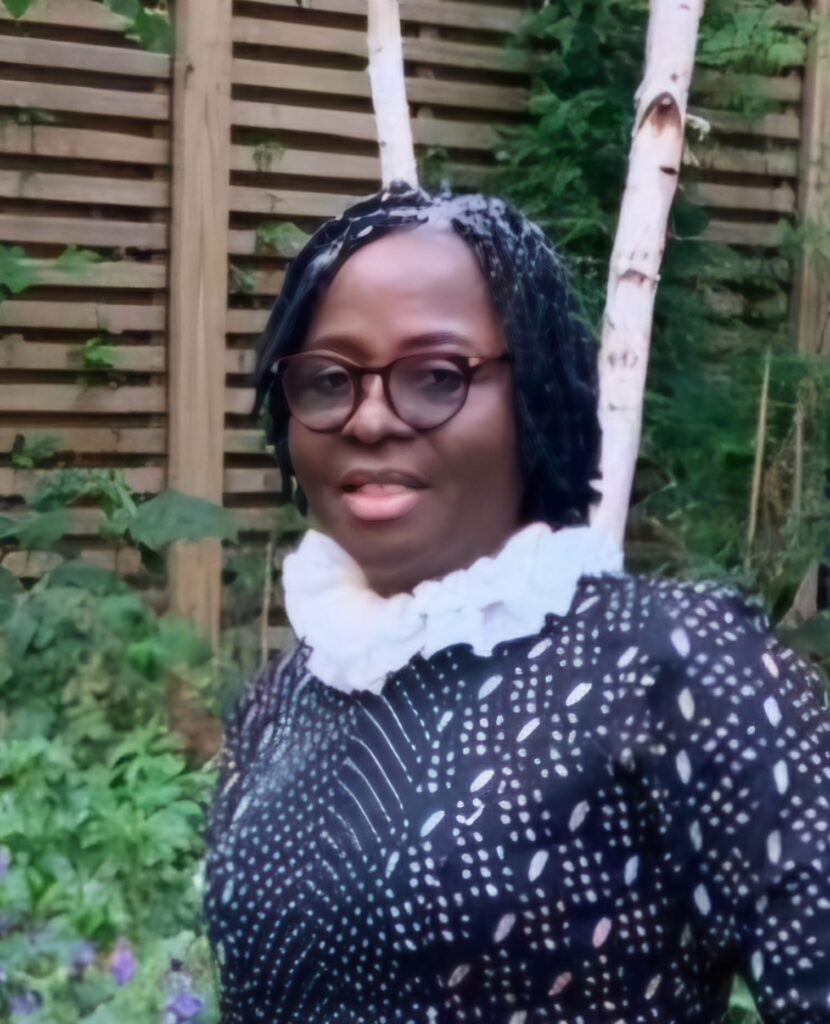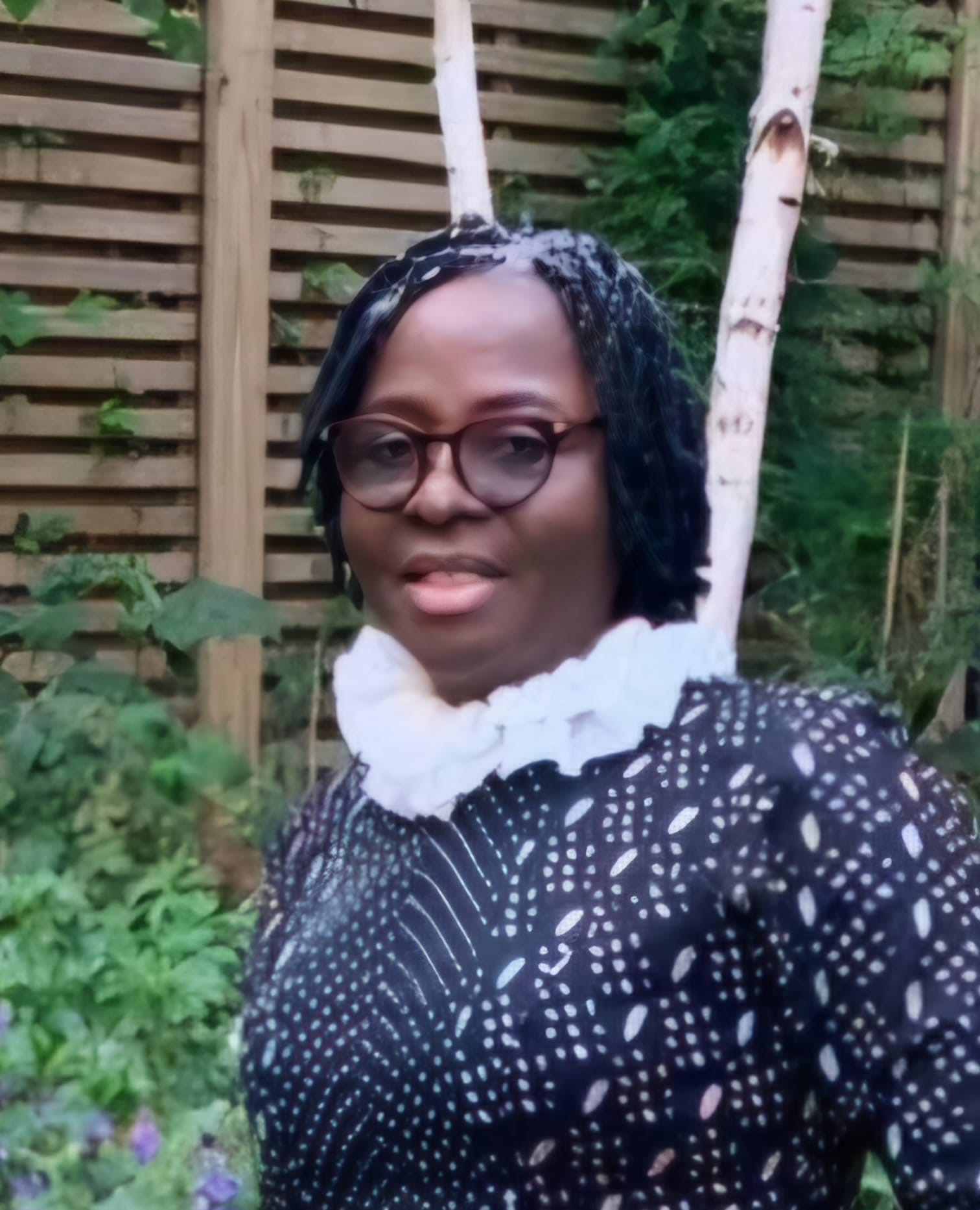“What is the city but the people? True, the people are the city.” These words from Shakespeare’s Coriolanus resonate deeply in the context of Nigeria’s democracy, reminding us that the true power lies with the people. As we navigate the complexities of our nation’s governance, it’s essential to prioritize the voices and interests of citizens.
The recent passing of some Honorable Members of the representatives across the country has left a void that necessitates a by-election. Unarguably, some of them were loved by their people before death snatched them! Ideally, the All Progressives Congress (APC) members in all the respective local government should have the opportunity to choose their representatives. Unfortunately, the system has been marred by “imposition and power-driven” decisions, undermining the fundamental principles of democracy.
In Nigeria’s democratic landscape, the imposition of candidates by political leaders has become a concerning trend. This practice denies party members the chance to choose their representatives, leading to disillusionment and apathy. The consequences are far-reaching, resulting in the selection of candidates who lack grassroots support, are not accountable to the people, and prioritize party loyalty over public service. This erodes trust in democratic institutions and leads to poor governance.
Furthermore, factionalism among party leaders has also become a significant challenge. When leaders prioritize individual interests over the party’s collective goals, it can lead to internal conflicts, weakened party structures, and empowered opposition. This can ultimately result in electoral defeat and undermine the party’s chances of success.
Another pressing concern is the scourge of tribalism and religious sentiments in Nigeria’s democratic process. When voters prioritize ethnic or religious affiliations over merit and good citizenry, it leads to poor governance, inefficient leadership, marginalization, and erosion of national unity. To overcome this, we must prioritize issue-based voting, meritocracy, national identity, and civic education. By focusing on these aspects, citizens can demand better leadership and hold elected officials accountable.
Moreover, the monetization of candidature is also a worrisome trend. When leaders prioritize the highest bidder over credible and meritorious candidates, it can lead to the selection of unqualified individuals who lack the capacity to serve the people. This can result in poor governance, corruption, and a lack of accountability.
The “Leadership Deficit” phenomenon is also a significant challenge. When leaders prioritize personal gain over credibility and merit, it leads to loss of trust, disillusionment, revolt, and electoral defeat. To address this, parties should prioritize merit-based leadership selection, credible and visionary leadership, transparency, and party members’ welfare. Effective leadership is crucial for party cohesion, member motivation, and electoral victory.
As a proud member of the All Progressives Congress (APC) and a believer in the “Broom Revolution,” I am compelled to acknowledge that our brooms are too weak to sweep clean the system of the entrenched challenges we face. However, I remain hopeful that through collective effort and a renewed commitment to democratic principles, we can overcome the challenges of imposition, factionalism, tribalism, monetization, and bad leadership.
In conclusion, as we strive to reclaim our democratic rights and build a more inclusive, responsive, and accountable political system, we must be mindful of the dangers of ignoring the people’s voices. As Coriolanus warns, a system that disregards the people’s interests can lead to a “leprous conscience, which infects the state.” Let us work collectively to overcome these challenges and build a stronger democracy for all Nigerians.
Adekemi Opatunde (PhD)
17th August 2025


